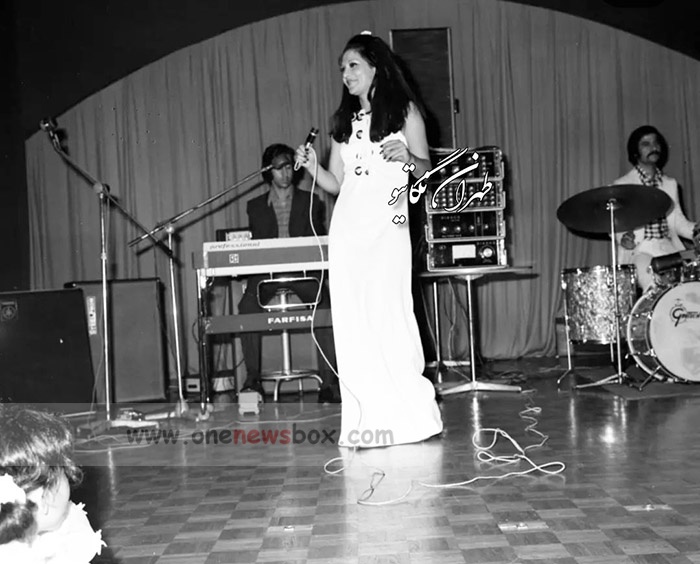By 1975, Giti’s artistic journey took a significant turn as she embraced mysticism and Sufism. This spiritual transformation influenced her music profoundly. She started composing songs inspired by contemporary poets such as Mehdi Akhavan Sales, Ahmad Reza Ahmadi, Mohammad Ali Sepanlou, and Nosrat Rahmani. This period marked a deepening of her lyrical content, as she explored themes of spirituality, love, and existential reflection.Giti’s talents were not confined to music. In 1977, she appeared in the film “Safar Sang” (Stone Journey), directed by her husband, Masoud Kimiaei. Although she only acted in this one film, her performance left a lasting impression on audiences. Her marriage to Kimiaei, a prominent filmmaker, was a significant aspect of her personal and professional life. The couple collaborated on several projects, with Giti composing music for many of his films.The Islamic Revolution of 1979 brought significant changes to Iran, including stringent restrictions on artistic expressions. During this tumultuous period, Giti faced personal and professional challenges. An anecdote shared by Alireza Meibodi on Pars TV recounts seeing Giti at Shiraz Airport before the revolution, wearing a full Islamic veil and large glasses, signifying a drastic change in her appearance and possibly her beliefs.
Giti’s singing at a wedding ceremony
[custom_adv]

